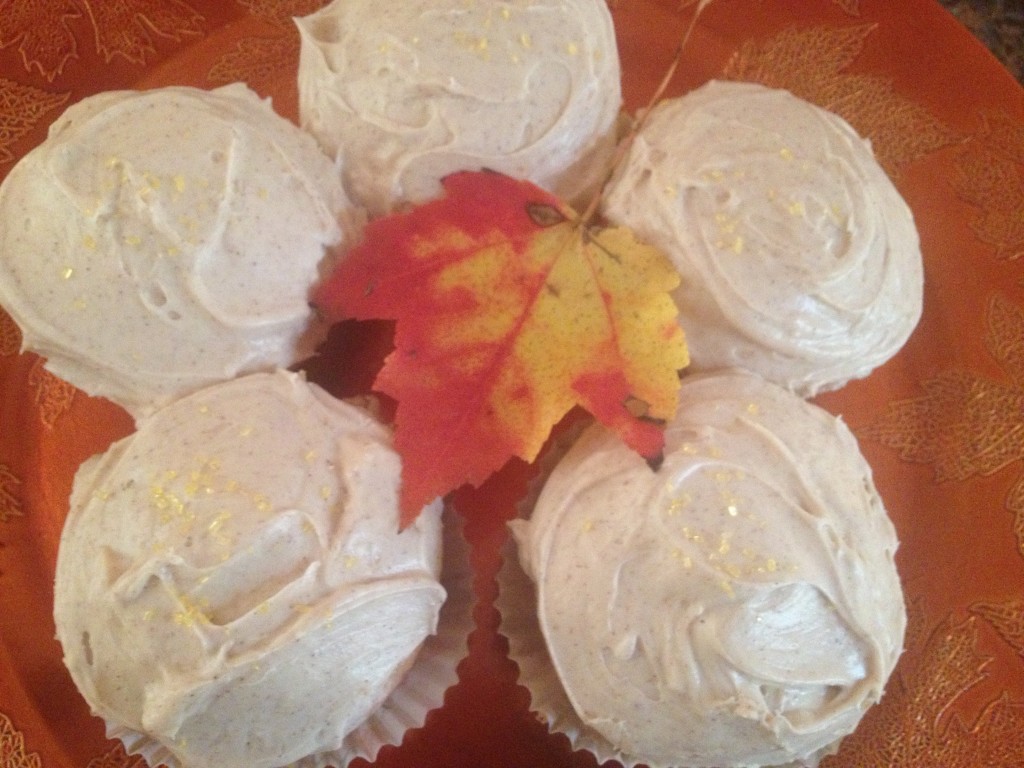“Man has been munching on apples for about 750,000 years, ever since the food gatherers of early Paleolithic times discovered sour, wild crab apples growing in the forests in Kazakhstan Central Asia.” –Apple Cookbook (2001) by Olwen Woodier
 ‘Tis the season for apple pie baking! While bakers everywhere are busy rolling out the pie dough, Cornell University’s New York State Agricultural Experiment Station in Geneva, New York has been busy rolling out 66 apple varieties for more than a century including Cortland, Empire, Jonagold, Jonamac, and Macoun.
‘Tis the season for apple pie baking! While bakers everywhere are busy rolling out the pie dough, Cornell University’s New York State Agricultural Experiment Station in Geneva, New York has been busy rolling out 66 apple varieties for more than a century including Cortland, Empire, Jonagold, Jonamac, and Macoun.
In her book Apple Lover’s Cookbook, Amy Traverso writes about her visit with Susan Brown, one of the horticulture professors and apple breeders at the 50-acre lab in Geneva near Lake Seneca where they breed, develop and produce apples that are ever more appealing to the tastes of consumers, who tend to favor crisp, juicy and firm varieties.
Along with satisfying the taste buds of consumers, the horticulturalists also experiment with fortifying the health benefits (“an apple a day keeps the doctor away”) by breeding apples that have as much vitamin C as oranges and those that have high levels of quercetin, a natural antioxidant that may have a role in protecting the brain cells from Alzheimer’s disease. Read more